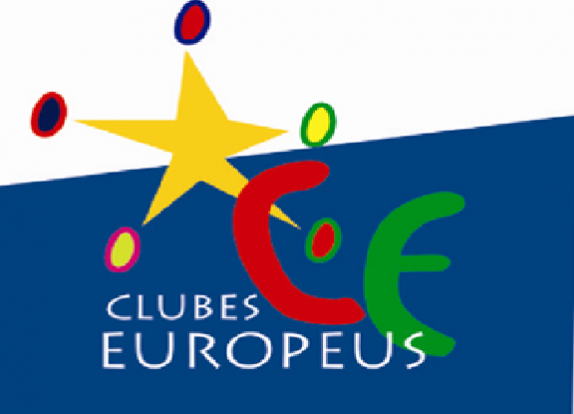
The European Clubs are centres driving activities in the field of the European Dimension of Education that can be set up in pre-school, primary and secondary or vocational education establishments, adapted to the context of the School/School Grouping and the community in which they form part.
The aim of the European Clubs is to:
- Create a true European spirit of active citizenship among its members and convey it to the other members of their community;
- To promote, through partnerships, measures to promote better information about Europe, the European Institutions, the Member States of the European Union and the Council of Europe, Europe’s cultural and natural heritage, the problems facing contemporary Europe, the objectives of European integration and the Universal Declaration of Human Rights.
- Contribute to the understanding of European pluralism, its similarities and differences;
- Contribute to mutual understanding and tolerance;
- Contribute to awareness of European and global interdependence and the need for cooperation;
- To contribute to creating a sense of responsibility for peace, human rights and the protection and conservation of the environment and cultural heritage.
In order to be institutionally recognised, the European Club must be registered in the DGE database, thus becoming part of the National Network of European Clubs (NCE).
New registrations or updates of the data of clubs registered in the previous school year should be made via the platform http://area.dge.mec.pt/bdce, which is available annually from 1 to 31 October and is not possible at any other time of the year.
In case of re-validation of registration, particular attention should be paid to updating the details of the coordinator, address, mails and telephone.
When setting up a European Club, you should take into account the Guiding Lines for the Functioning of the European Clubs.
The European Clubs date back to 1986, when this initiative came from the experience of Portugal’s membership of the Council of Europe and its accession to the then European Community.
This initiative has achieved a significant projection on the European continent, with Portugal playing the role of coordinating the International Network of European Clubs until 2007.
The Coordination of the National Network of European Clubs is the responsibility of the Directorate-General for Education (DGE)/Ministry of Education and Science.
More information on the European Clubs:






